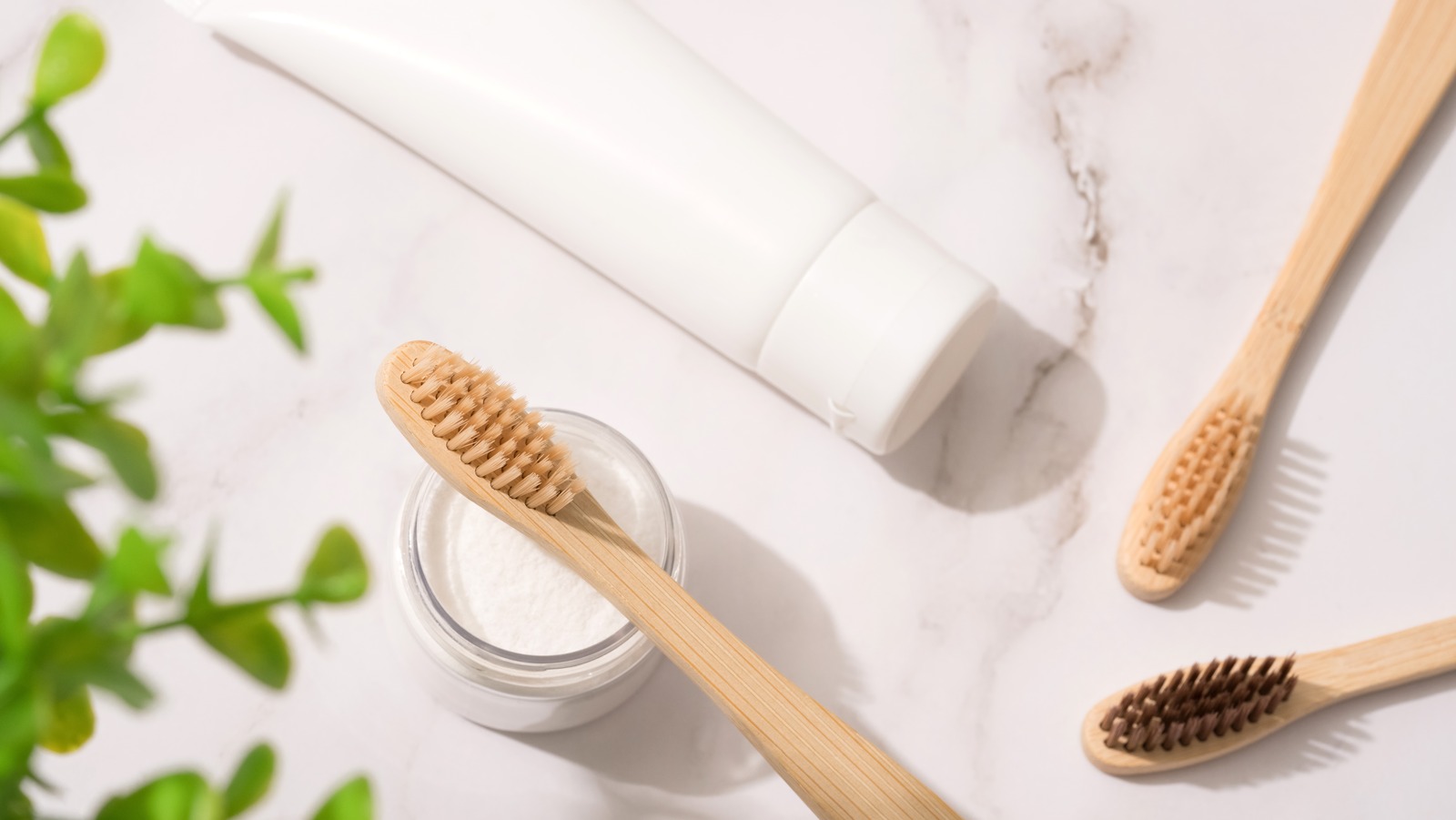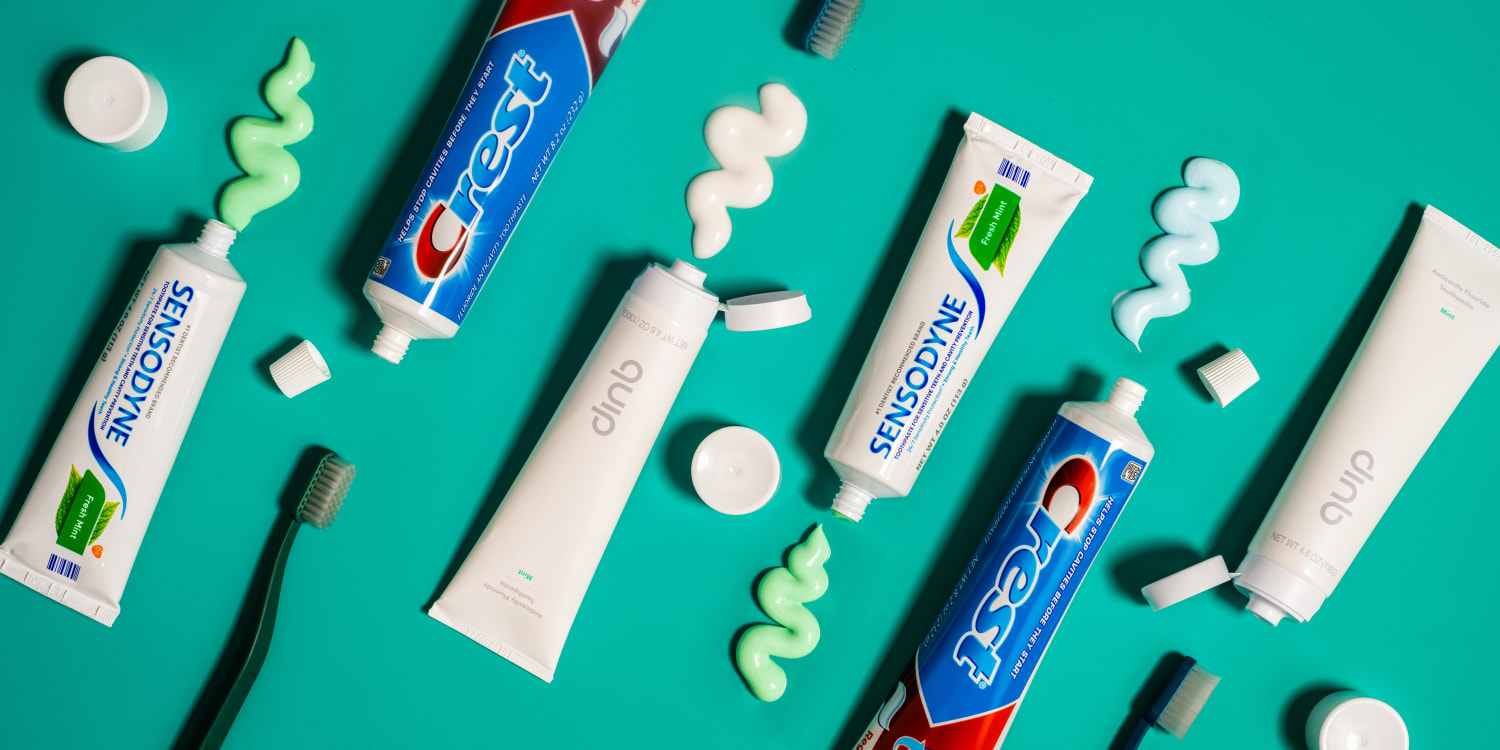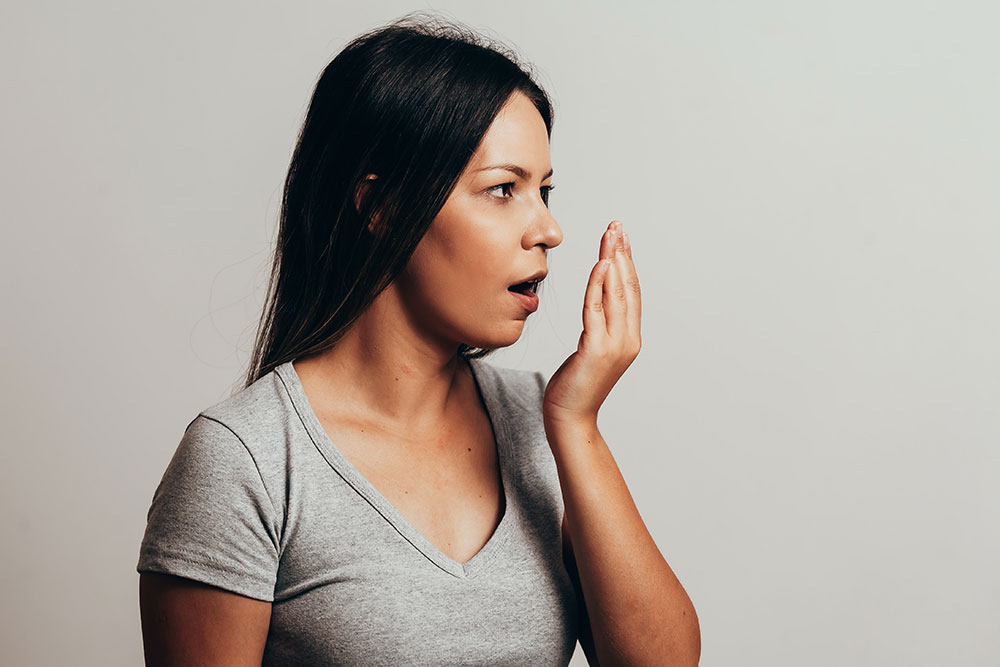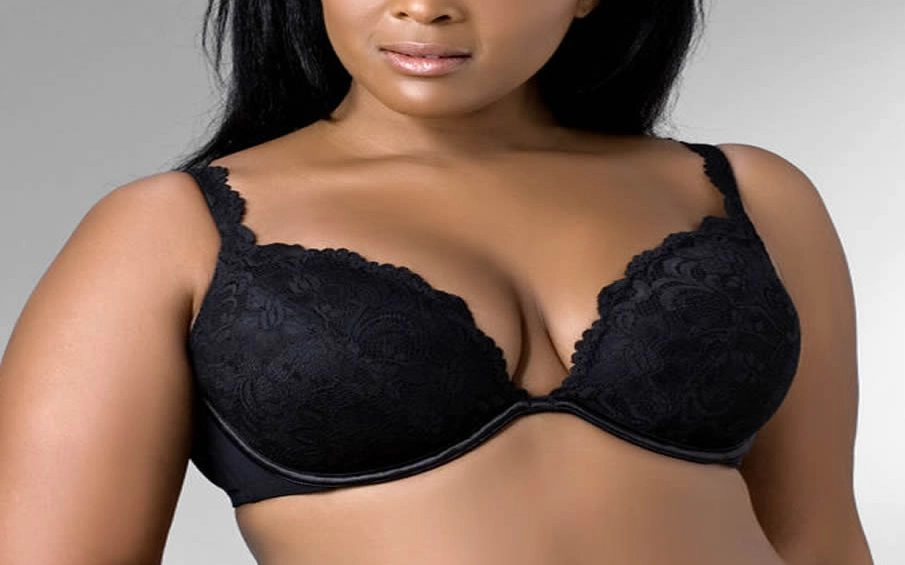Why do breasts sag?
Breast sagging, also known as breast ptosis, is influenced by a variety of factors. These include genetics, age, breast size, pregnancy, breastfeeding, weight fluctuations, and even the constant pull of gravity over time. Each of these elements plays a role in how the breasts change shape and firmness.
Breasts are composed of dense glandular tissue and Cooper’s ligaments, which are connective tissues that help attach the breasts to the chest wall. The firmness and shape of the breasts largely depend on the strength and elasticity of these ligaments.
As women age, the body undergoes natural changes, one of which involves glandular tissue gradually being replaced by fat. This shift, combined with the stretching of the suspensory ligaments, can lead to sagging over time.
This brings up the popular question again: Do bras keep breasts from sagging? Some believe that wearing a bra offers support that could counteract these changes, but the science is not definitive.
Since internal tissue changes are the primary cause of sagging, it’s essential to recognize the limits of what bras can achieve in maintaining long-term breast firmness. While bras offer external support, they cannot prevent the natural changes that occur within the breast tissue over time.
Understanding the natural anatomy and the external factors that contribute to sagging helps clarify whether or not bras can effectively prevent this condition. So, do bras keep breasts from sagging? We’ll explore this question further in light of what really happens inside the breast tissue.
Does wearing bras keep breasts from sagging?
Wearing a bra actively helps prevent long-term sagging, particularly for women with C-cup sizes and above. The additional support that bras provide can reduce strain on the breast tissues, which may help in maintaining a firmer appearance over time.
Going braless consistently, however, can eventually lead to sagging due to the stretching of Cooper’s ligaments. These ligaments, which hold up the breasts, can be influenced by regular bra usage, making bras an important factor in supporting breast tissue.
Joanna Wakefield-Scurr, who heads a research group on breast health, pointed out that bras may aid in maintaining the breast’s shape by lifting it, rather than causing it to sag. Her research suggests that ‘bras keep breasts from sagging’ is a valid statement, especially when considering the benefits of added support.
Much like how restrictive clothing such as corsets or certain types of shoes can alter the body’s anatomy, bras can influence the long-term appearance of the breasts by providing necessary support.
Additionally, evidence from populations where women have never worn bras shows that their breasts often sag and elongate. This observation suggests that insufficient support for the breast’s skin tissues can lead to stretching. Further, it reinforces the idea behind the ‘Do bras keep breasts from sagging’ question.
Other Benefits of Wearing Bras
For women who lead active lifestyles, such as walking, hiking, or working out, wearing a compression-fit sports bra plays a crucial role in maintaining good posture and preventing back strain. Without this essential support, the repetitive motion and impact can negatively affect the spine and muscles.
Wearing a bra also provides relief from physical discomfort for women with larger breasts, who often experience neck and back stiffness due to the added weight. A well-fitted, supportive bra can alleviate this strain. Also, it can offer better comfort throughout the day.
Additionally, supportive bras are important for maintaining breast health. However, bras must fit properly; overly tight bras can cause circulation issues and even lead to cardiovascular problems if worn regularly.
While bras provide many benefits, it’s important to remember that, over time, nature will take its course, and breasts will naturally sag regardless of their shape or size.
For more articles on lifestyle, check here.























































